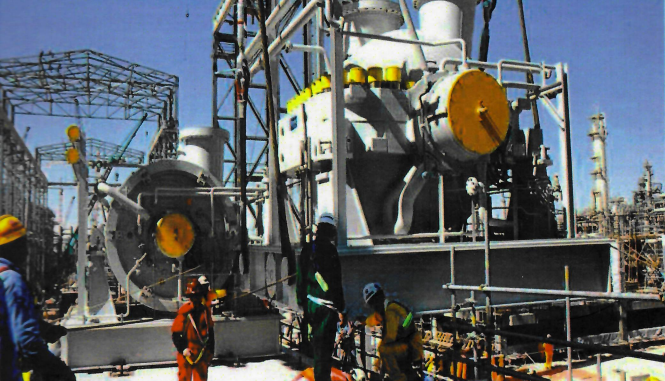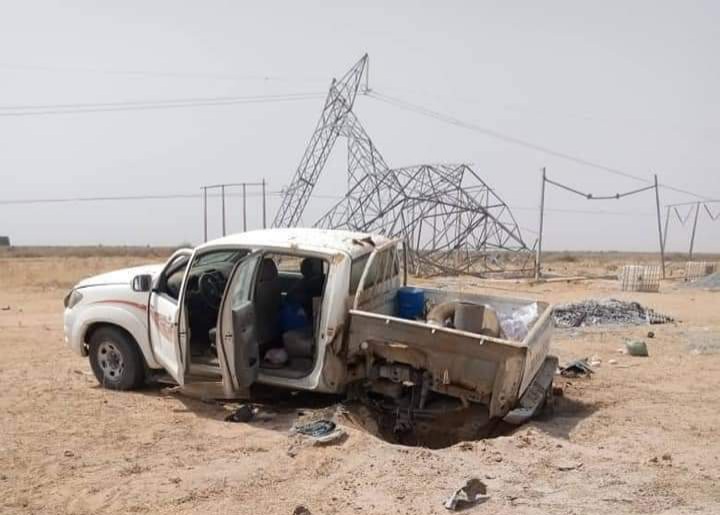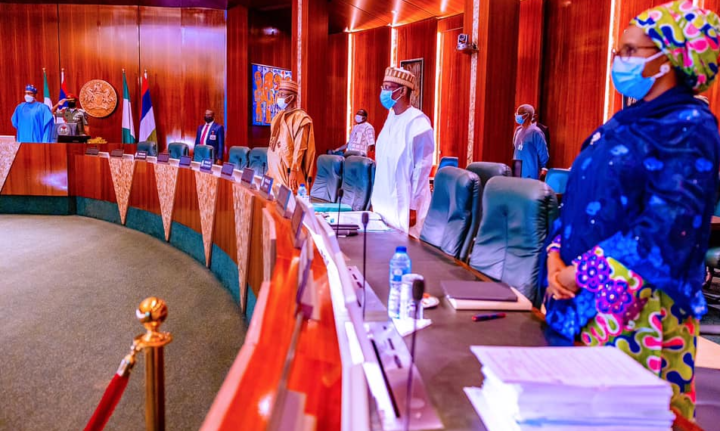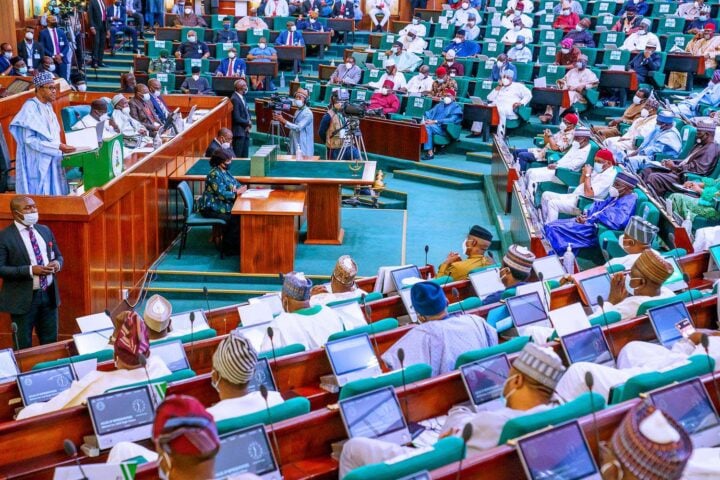Stakeholders in the energy sector have called for a viable gas pricing mechanism that supports unlocking Nigeria’s huge gas potential.
They made the call on Wednesday at an event organised by the Nigerian-British Chamber of Commerce (NBCC) Energy Group.
The event’s discussion was based on the theme, ‘Nigeria’s downstream oil and gas industry — navigating post-PIA realities confirmation’.
The pricing mechanism, they said, would ensure a willing-buyer-willing-seller pricing framework to meet the domestic gas requirements and contribute to the country’s economy.
Advertisement
Ed Ubong, managing director, Shell Nigeria Gas and president, Nigerian Gas Association (NGA), said a cost-reflective mechanism must be adopted to allow free movement and availability of the product.
“We must increase gas supply for domestic consumption and exports even though there is a need for clarity with regards to pricing,” Ubong said.
“Gas remains the cheapest energy source for local manufacturing to grow the manufacturing sector.
Advertisement
“Over 85 million Nigerians do not have access to electricity but this provides an opportunity to provide energy through gas. This is to help unlock the huge gas potentials that Nigeria already has.”
Audrey Joe-Ezigbo, deputy managing director, Falcon Cooperation Ltd, noted that the Petroleum Industry Act (PIA) was still in its early days to assess its impact on the gas industry.
She, however, said challenges the gas industry is faced with including pricing, commercialisation, and funding must be tackled promptly.
“There is a narrowing window for Nigeria to get things right in the global market even though we are in the process, but it is important for us not to derail from the advantages gotten so far given the fact that it is a pre-election year,” Joe-Ezigbo said.
Advertisement
“I acknowledge the government’s efforts in trying to see how we can leverage gas via its sensitisation on the utilisation of liquefied petroleum gas (LPG) to build a more resilient domestic gas market.
“However, investors need to be sure they have bankable projects.
“Therefore, there’s work to be done from the PIA implementation perspective, regulatory perspective for a commercial framework that works and is bankable within the gas sector.
“There’s also a need to pull in more investments in gas infrastructure across the gas value chain, streamline agencies, and adopt privatisation process in a very timely manner.
Advertisement
“This is to ensure profit-oriented, cost-efficient viewpoint for the sector to engender sustainable partnership between government and the private sector.”
Also speaking at the event, Adetunji Oyebanji, managing director, 11 Plc, said not fully deregulating the country’s downstream sector would lead to increased debt ratio and borrowing levels.
Advertisement
“The country should find ways to minimise the social impact on the most vulnerable members of the society as against avoiding it totally,” Oyenbanji said.
“The PIA wanted market forces to determine a deregulated market to ensure that the cost of petrol would not be what it is but its lack of implementation makes it look as if players are not important.
Advertisement
“Should the war in Ukraine persist, and the Naira continue to depreciate, prices of petroleum products would continue to go up.”
Farouk Ahmed, chief executive officer (CEO) Nigerian Midstream and Downstream Petroleum Regulatory Authority (NMDPRA), who expressed hope in the willing-buyer and seller mechanism, called for more consultation for its implementation.
Advertisement
Ahmed, represented by Olasupo Agbaje, general manager, economic regulations and strategy, NMDPRA, said the authority was committed to fixing regulations that were most competitive and supportive of investments in Nigeria.
“We are also deploying mechanisms to promote the PIA seamless implementation via a stakeholders engagement to hold from July 4 to July 7, 2022 for optimal stakeholders inclusiveness,” he said.
“We have put in place effective organisational management plans, and are upgrading and adopting digital technology that supports the implementation of the PIA.”
Add a comment






